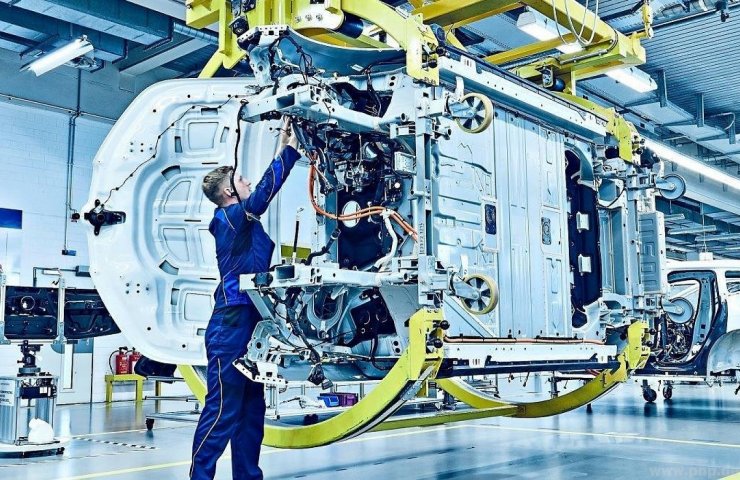Due to chip shortages, BMW is canceling a full shift at its Dingolfing plant next week, and production lines at Ford's Saarlouis plant will be idle throughout June. At Volkswagen, work is on hold at Brazilian factories, while the situation at German factories remains critical: bottlenecks in semiconductor supplies paralyze much of the auto industry, and VW's purchasing council believes the crisis will last for quite some time.
“At the moment we have reached the peak of the supply crisis. We have the most difficult six weeks ahead of us, ”said Murat Axel in an interview with Handelsblatt. In the third quarter, the Wolfsburg-based car company is gearing up for its worst period of the current chip crisis.
Goldman Sachs chief economist for Asia, Andrew Tilton, also believes that the industry is now going through the peak of the crisis. This means that as we move to the second half of the year, the situation in the industry will improve. At the same time, Intel CEO Pat Gelsinger recently announced that the current global chip shortage is expected to persist for several years.
A new outbreak of coronavirus and drought in Taiwan may exacerbate the problem. The peninsula has faced one of the worst droughts in decades, affecting chip manufacturing. The fact is that the production process requires the use of a large amount of water. The shutdown of factories in Taiwan could lead to an aggravation of the chip crisis, which will result in a shortage of products from leading companies - Intel, Qualcomm, NVIDIA and others.




